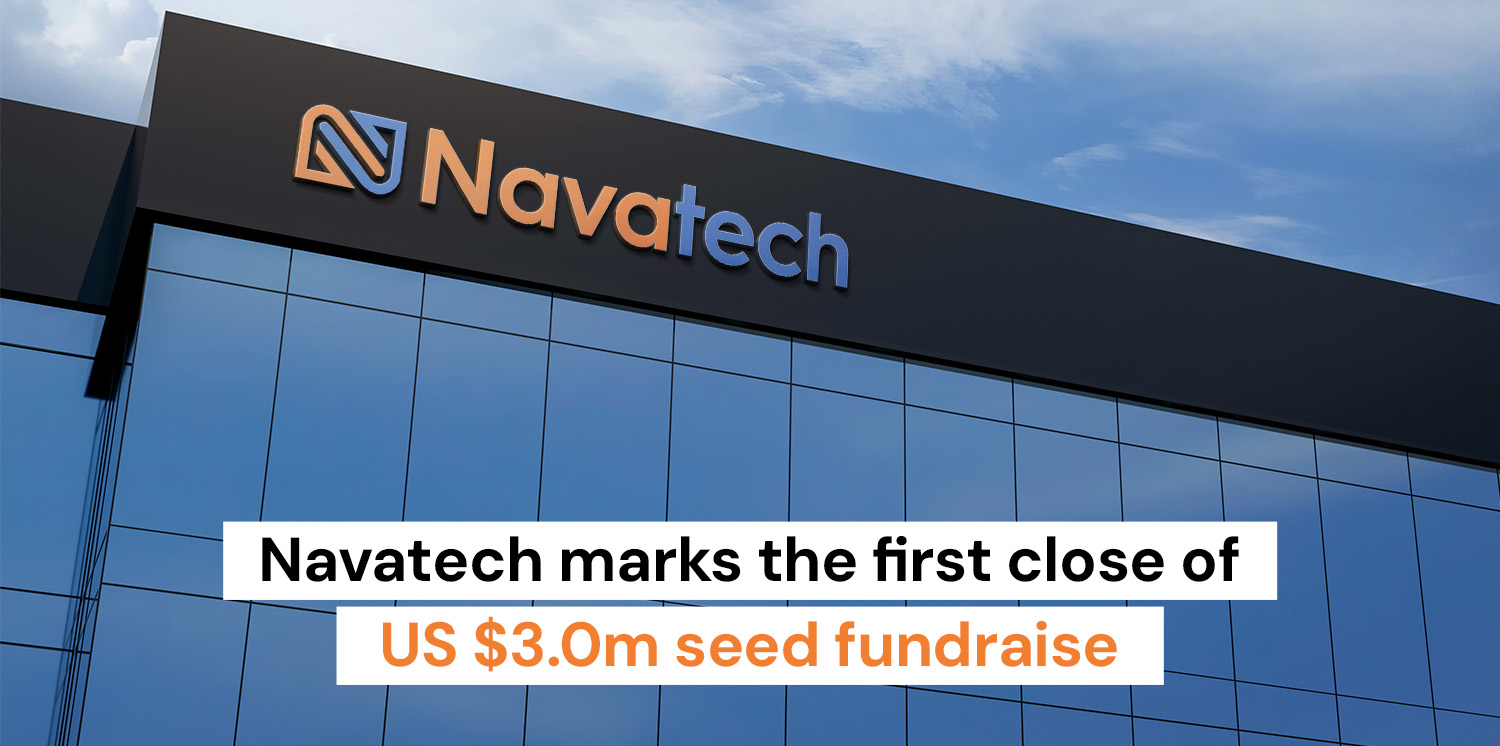In an age where artificial intelligence has become an integral part of our daily lives, it is crucial to move beyond the dystopian narratives that have long dominated public discourse. As we stand at the verge of AI revolution, it is not the time to be in the dilemma between fear and opportunity, it is time to recognise and embrace the vast potential of large-scale AI research and the transformation it is causing and can cause in near future.
By shifting our perspective from apprehension to optimism, we can harness the transformative power of AI to address some of the world’s most pressing challenges, create unparalleled advancements in various domains, and ultimately redefine the boundaries of human progress. This journey towards understanding the benefits of large-scale AI research will not only foster global collaboration and innovation but also pave the way for a safer, more equitable, and prosperous future for all.
The recent open letter by future of life calling for a pause on advanced AI development for at least six months has sparked heated debate within the AI community and beyond. While the concerns raised about the potential risks and ethical implications of artificial intelligence are valid and deserve attention, implementing a blanket moratorium may not be the most effective solution. Instead, we must focus on fostering responsible AI progress that prioritises safety, collaboration, and transparency.
Firstly, it is essential to recognise that AI technology has the potential to bring significant benefits to humanity and it has proven its course. From improving healthcare diagnostics and personalised medicine to revolutionising transportation and reducing our carbon footprint, AI systems have the potential to make our lives safer, more efficient, and sustainable. By halting advancements in AI development, we risk slowing down the pace of innovation and depriving society of these positive outcomes.
Additionally, the call for a pause on AI development could have unintended consequences for global AI competitiveness. As various countries and organisations compete in the AI race, a moratorium might lead to the lose of momentum creating a gap in technological advancements, giving an unfair advantage to certain players. Instead of a pause, we should promote international collaboration and establish global standards and guidelines for AI development. This approach ensures that all parties work together, share knowledge, and contribute to a safer, more responsible AI landscape.
This open letter rightly points out that powerful AI systems should be developed only when we are confident of their positive effects and manageable risks. However, enforcing a temporary halt to advanced AI experiments may not provide the necessary time or resources to develop the required confidence, not too mention be almost impossible to police. Rather than a blanket pause, AI labs should be encouraged to work closely with independent experts, policymakers, and stakeholders to continuously improve the safety and transparency of their systems, while also addressing concerns around bias, privacy, and accountability.
A more constructive approach would be to prioritise research and investment in AI safety, ethics, and governance. By dedicating resources to these areas, we can better understand and mitigate the risks associated with AI development. Increased public funding for technical AI safety research, alongside the establishment of regulatory authorities and certification ecosystems, can help create a more secure and responsible AI landscape.
Lastly, it is crucial to maintain an open dialogue between AI developers, researchers, policymakers, and the public. By encouraging transparent communication and fostering a culture of collaboration, we can ensure that AI technology advances in a way that aligns with societal values and addresses concerns about potential risks.
This approach will allow us to harness the benefits of AI technology while also addressing the risks and ethical implications, ultimately ensuring a future where AI and humanity can thrive together.




